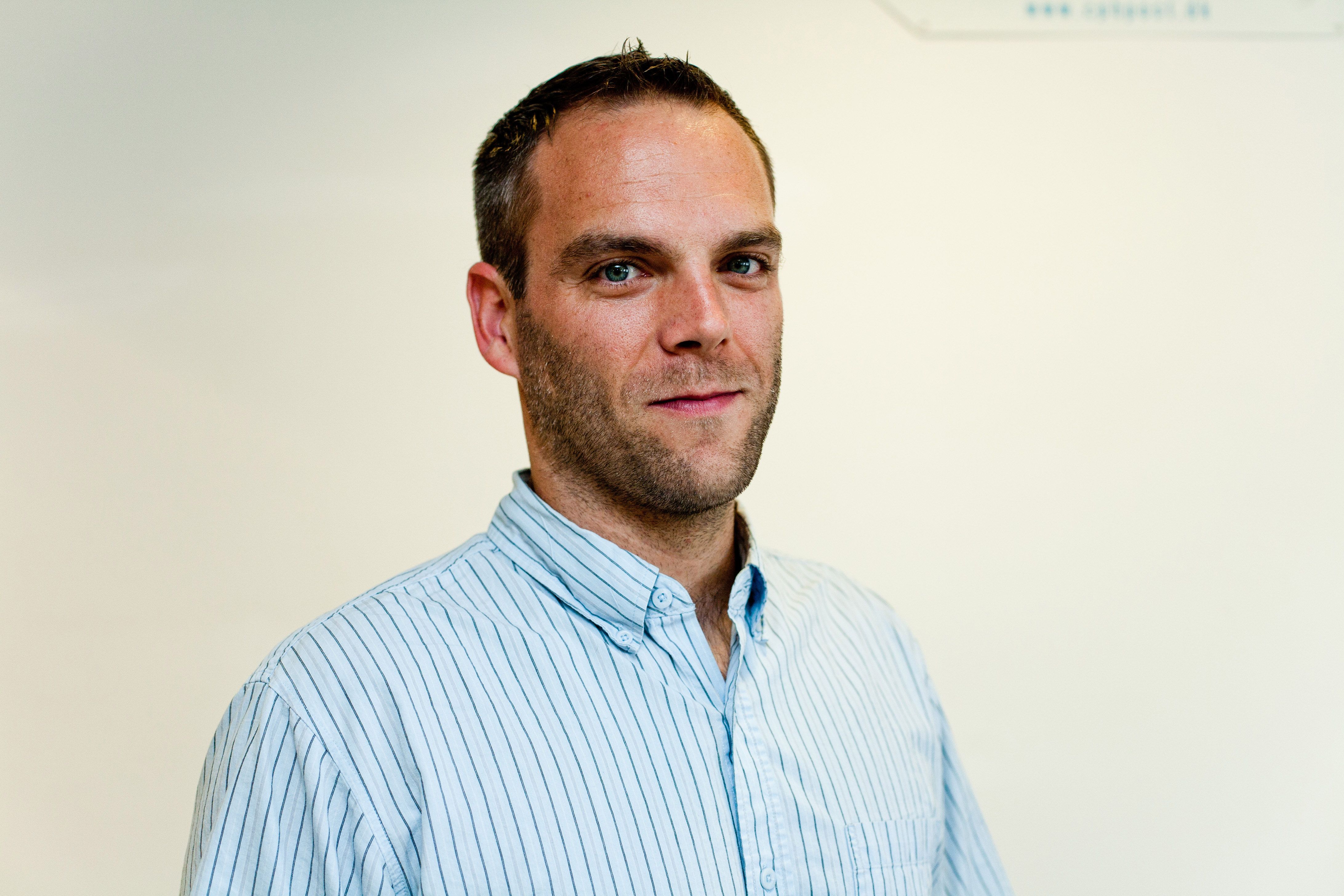I don’t want to get into the habit of recycling column ideas, but let’s face it – news, especially in Denmark, has a cyclical pattern.
Two years ago, spurred on by my own letter from Udlændingestyrelsen calling on me to renew my temporary permanent residency (‘temporary permanent’ – isn’t that term wonderful?), I took measure of the government’s promise to usher in a “new era” of the national immigration debate.
Two years ago, like today, we were all talking about a cute seven-year-old Thai girl facing deportation. Two years ago, it was Phateera. Today it is Im. In both cases, their cuteness and ability to get on every TV screen in the nation saved them from deportation (in Im’s case, she will reportedly be back in Denmark in the new year).
Two years ago, like today, the fact that the government changed course on callously throwing a small child out of the country was celebrated as some sort of victory.
Two years ago, like today, hypocrisy abounded from politicians of all stripes. The recently-canned justice minister, Morten Bødskov (S), who claimed to be appalled by such policies when he was in opposition, was very hesitant to intervene in Im’s case, while the current opposition championed her cause, conveniently forgetting that it was their decade of increasingly tightened rules and scare-tactic rhetoric that created an environment for small children to be taken from the only home they’ve ever really known and ‘returned’ to an unfamiliar, faraway land. And two years ago, like today, scores of other children who didn’t make it onto TV didn’t have such happy endings.
Two years ago, like today, we were talking about how Denmark’s immigration policies were forcing highly-educated foreigners out of the country, taking with them their earning potential and, in many cases, the money Denmark invested in them.
Two years ago, like today, certain politicians were suggesting dividing immigrants up into ‘good’ and ‘bad’ piles. Now, like then, the left-wing is howling about how unfair that would be while ignoring that the very rules put in place to limit the number of ‘bad’ immigrants who do not contribute to society often end up hurting the ‘good’ ones who are employed, have learned the language and do what they can to fit in. Now, like then, the right-wing politicians calling for the differentiation act as if they weren’t the ones to put the laws into place to begin with.
READ MORE: Still adjusting | Two steps forward, one step back in immigration tango
And two years ago, like today, I myself am once again dealing with these policies directly. Last week, I received a letter from Udlændingestyrelsen telling me to apply for a renewal of my temporary resident permit. To be fair though, there is one change: this time I will get the added pleausure of spending a day at Udlændingestyrelsen giving them my fingerprints and photo.
But this time, just like last, the simple concept of the progression of time remains beyond Udlændingestyrelsen’s grasp.
I once again have to document that I live in an adequately-sized home and have a lease of at least three years. When I last had to do that in January 2012, I was 20 months into the original 36-month lease I had to enter in order to first obtain my initial permit. I was still under that contract – a contract whose terms were built upon Udlændingestyrelsen’s demands – and had to scramble to get it extended in order to show that I still had a three-year lease despite the fact that the numbers simply don’t add up.
So, here I am again, two years into a contract that had to be reworked for three years the last time Udlændingestyrelsen came a-callin’, having to do the same stupid dance again. Now, like then, I have to get out of my still current lease and sign a new one. This will be our third three-year lease, despite only living in our house for a total of 41 months.
Two years ago, like today, I think it is ridiculous but I remember that, this being Denmark, it could be much worse. And now, like then, I still feel like I’m jumping through all kinds of hoops for a country that doesn’t really want me.
Follow the author on Twitter: @justinCPH















